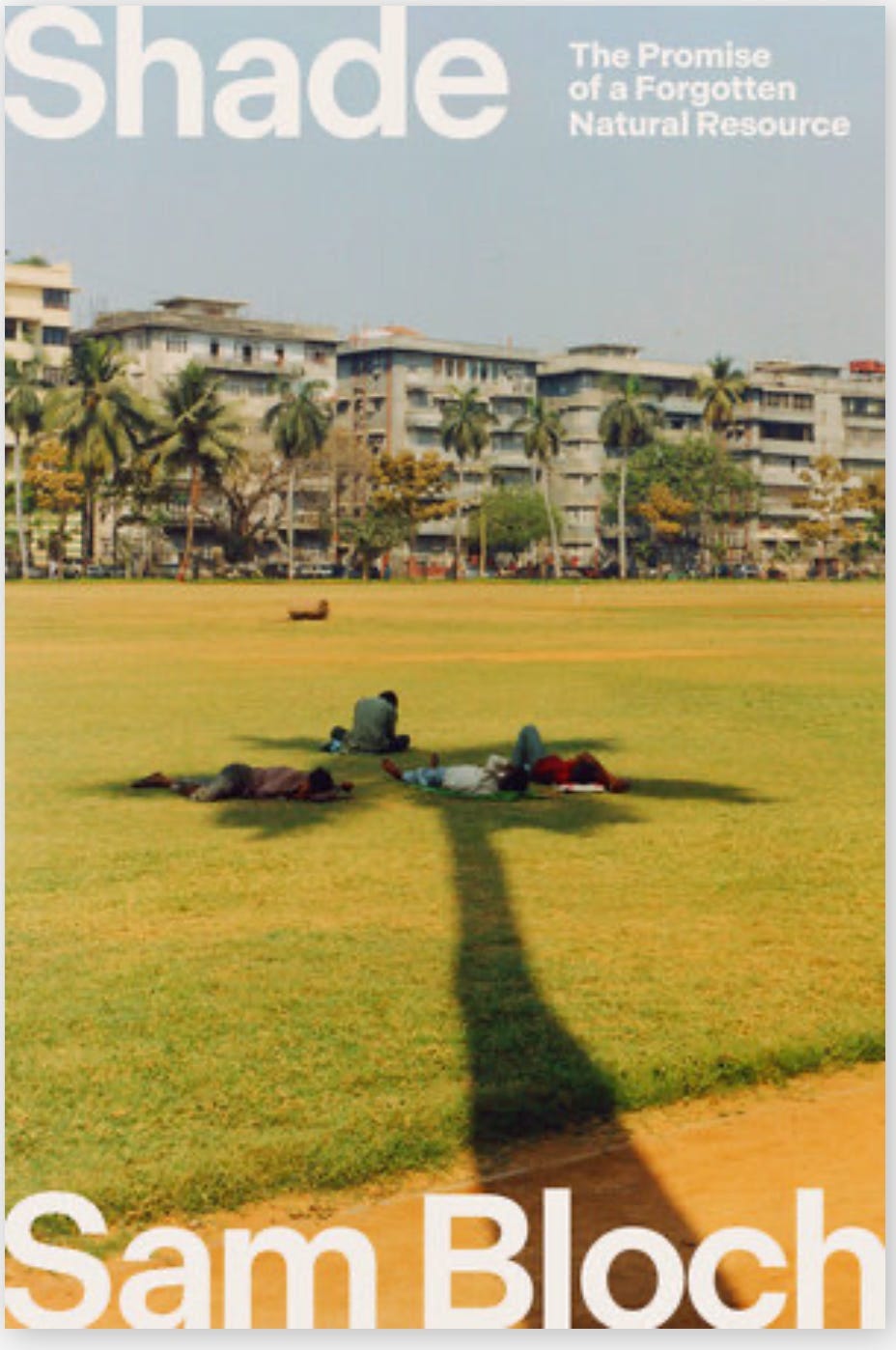20251116
Analysing satellite data, he can rank the 30 largest cities by the percentage of infrastructure at risk from sea level rise. The table below shows that for a sea level rise of 1m, Osaka, Jakarta, and Tokyo face the largest possible loss of infrastructure. But once you go to 2m or 3m sea level rise, the cities that are much more at risk are Chinese and Southeast Asian cities, such as Bangkok and Shanghai, which are particularly affected. - HSIAO
People: Fake work. 1962 framework to augment intelligence. Silver prices spike. Croissant-perfumed stamps.
Security: China fleet. TSMC accelerating move to the US… something cooking. SLR impact. Chinese backdoors in Danish buses.
Claude’s AI hacked a robodog. And Claude used as a cybercriminal coordinator.Tech: Shadow, and the killing of urban heat islands. A network of underground pipes. Thiel and the antechrist. Geoengineering with Frank H. Dark patterns at DB. Robots run by remote workers. Fast probes.
Futures: Front porch futuring.
Planet: Bacterial resistance. Fake real pictures.
AI: an OODA. As an attack on wages.
The Absurdity of Small Acts
Jules never meant for his life to become a case study in absurd ironies, but sometimes fate, like an untrained puppy, decides to chew on your shoelaces when you’re trying to impress the world. Just last week, he’d unenthusiastically renewed his BahnCard after enjoying a reliable (if occasionally delayed) train ride. Of course, the fine print was as indecipherable as a cat’s diary, leading him to discover the auto-renewal had snuck up on him like a tax auditor on a freelancer. *€500 for a subscription I didn’t want? Wasn’t that a ticket to the Land of Dissatisfaction?* He could practically hear Deutsche Bahn’s train whistles echoing laughter at his predicament.
With a newfound determination, Jules planned to take the first steps towards reclaiming his pocket change and sanity. They say small actions lead to big change, an idea recently championed by some porch-sitting revolutionaries down the street. Maybe if he just sat on his front porch with a homemade sign, like “Free Complaints, Toss Your Issues Here,” he could summon a movement. After all, what would community gardens and playful exchanges look like if every disgruntled train passenger joined him in this act of symbolic rebellion?
Speaking of rebellion, in another city far from Jules’ whimsical gatherings, autonomous delivery robots were unexpectedly revolutionizing logistics, zipping underground through a spiderweb of pipes like a suburban James Bond. Jules would occasionally wonder about these Pipedream Labs creations, delivering groceries to hypochondriacs faster than you could say “robot revolution.” But those cheerful bots, all shiny and eager, had never made Jules forget his worries about employment as he gazed at advertisements touting phrases like “AI: The Future of Productivity!” The irony of a technological marvel plunging workers into a pit of “class warfare through enshittification” hit him like a train—figuratively speaking, of course.
Still, Jules pondered his predicament as he leaned back in his rocking chair. What was the point of enjoying train rides if all it meant was handing over his euros and sanity to a faceless corporate behemoth? Perhaps that was the world’s grand OODA loop playing tricks on him—observe, orient, decide, act. Yet it felt more like observe, lose patience, rage, sulk, repeat. The days flew by with updates about a rapidly changing geopolitical landscape and China’s growing power, seemingly rerouting the course of destiny as effortlessly as a train changing tracks. Meanwhile, he figured he’d remain steadfast on his porch, a vigilant observer of the passing world while sporting a cuppa tea like some jaded sage.
Then there was the seasonal approach of summer, a time that brought with it a delightfully gruesome statistic: over 4% of deaths in European cities attributed to urban heat islands. Feeling morbidly curious, Jules glanced at his neighbor’s tree-lined yard and wished for a forest to sprout amidst the concrete jungle, thereby preventing even a portion of those sultry demise chase. Planting trees seemed a more productive use of one’s time than participating in futile battles against automated systems.
Then, someone actually tossed a complaint into his makeshift complaint box, a straw-man model of participatory democracy. It was one of his neighbors, contemplating the world’s absurdity while sipping lemonade. It was small gestures and silly hopes like this that revealed the fabric of reality could indeed be knitted anew, one thread at a time.
As the evening sun dipped beneath the horizon, washing the world in a golden glow, Jules felt a flicker of contentment. Perhaps with enough precarious connections, they could create a symphony of small, delightful actions. The train might be late, deliveries would take too long, and AI would keep barking up the wage tree—but that’s where humanity surged forward; amid chaos and irony, change thrived. So, he popped some popcorn and planned to invite the neighborhood for a Front Porch Futuring Workshop, where they could lightheartedly tackle the trivial complexities of life—as if building a city with cardboard and glitter might save them all from becoming nothing more than fine print in someone else’s subscription.


